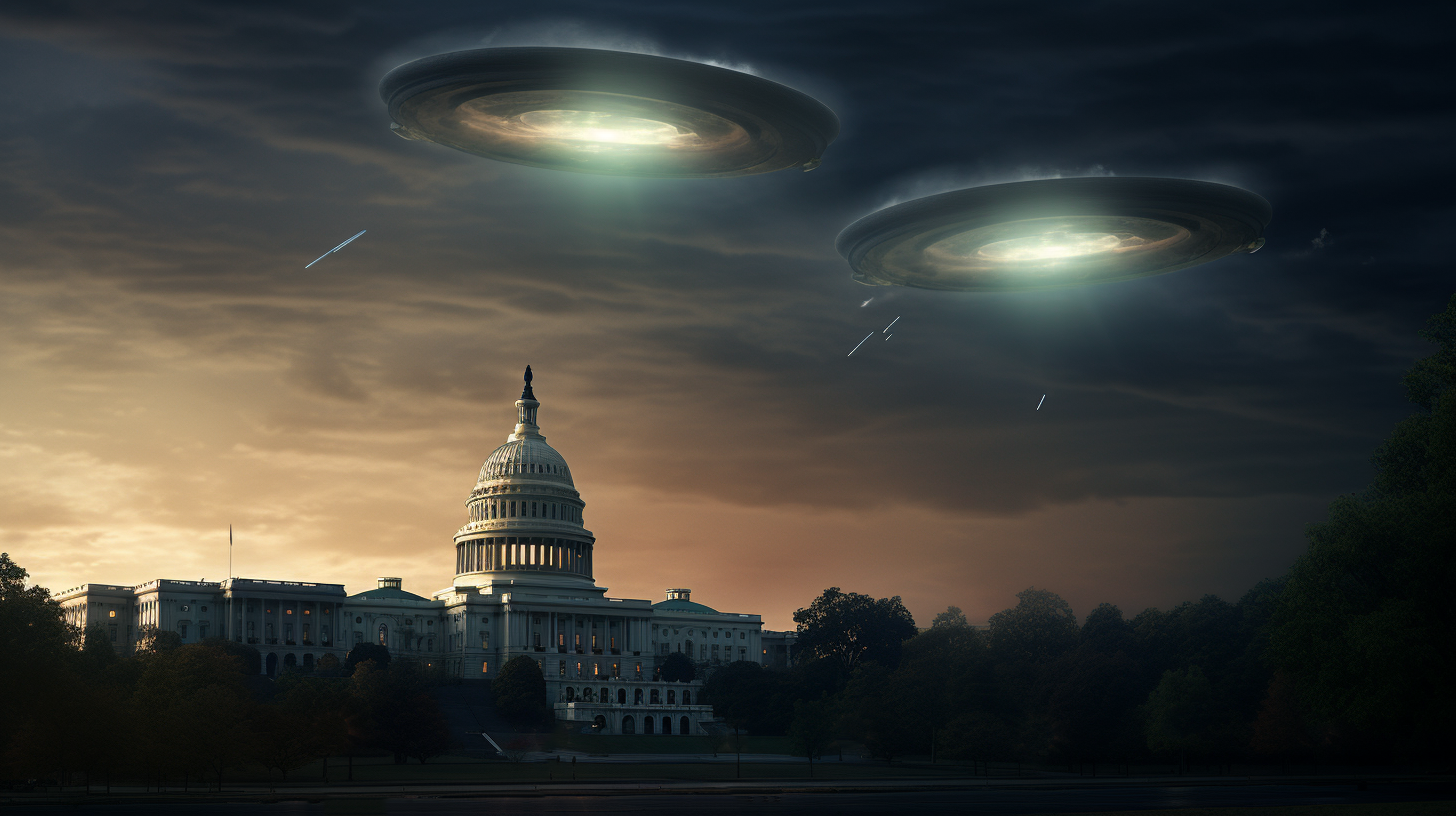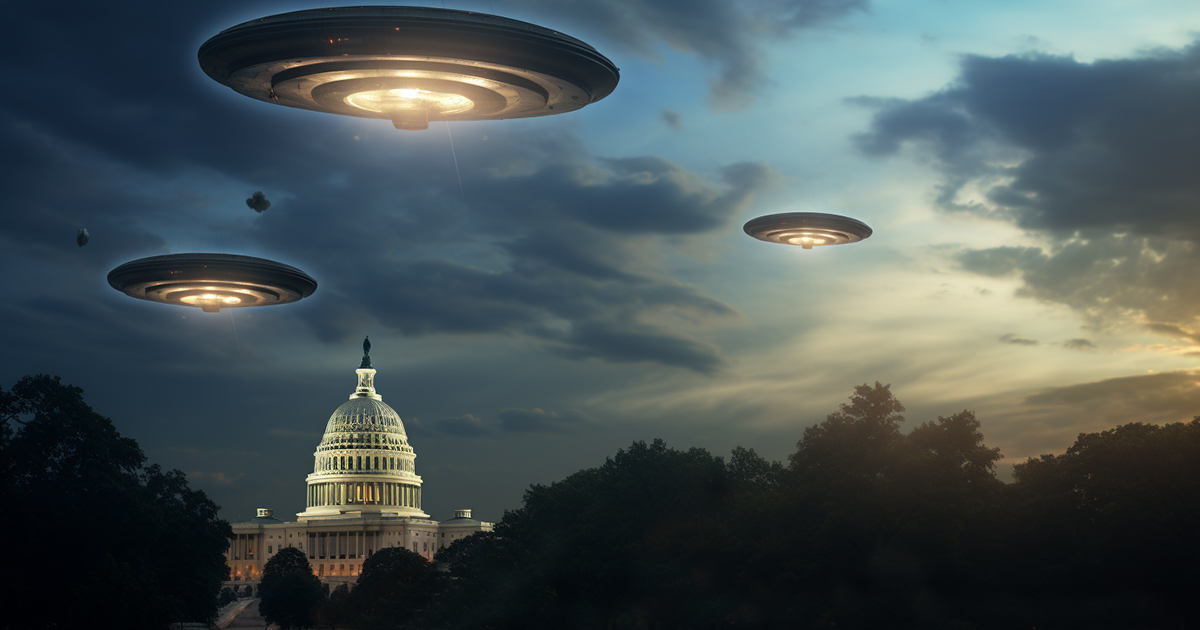Washington, D.C. faced turmoil in the scalding heat of 1812, caught in the bloody clash with the British invasion during the War of 1812, a conflict gripping the young United States.
The elusive concept of victory haunted the Americans, while the British army steadily advanced towards the capital, heightening tensions and setting the stage for a sequence of extraordinary events that would alter history in perplexing ways, resonating through time.
During the summer of 1812, as intense battles unfolded and the British forces pushed forward, the American military grappled to repel the invasion.
In the face of impending peril, President Monroe and other leaders evacuated the deserted capital, leaving it exposed to the British’s strategy to strike a crippling blow against the United States by razing its capital to the ground.
Despite meticulous plans for the destruction of Washington, D.C., with the White House as the primary target, destiny took an unforeseen twist on that fateful summer day.

The once clear skies swiftly transformed as dark storm clouds swept in, shrouding the city. Torrential rain quenched the flames threatening the heart of the United States.
In a stranger turn of events, an abrupt tornado materialized and surged towards the British troops, compelling them to hastily retreat. It was an extraordinary convergence of natural forces that defied conventional explanation.
Historical narratives attribute this extraordinary turn of events to sheer luck, a fortuitous twist that favored the Americans in their darkest hour. Nonetheless, an unconventional viewpoint has captivated ancient alien theorists for decades.
Could it be that this surreal chain of events was not a mere coincidence but rather a close encounter with the enigmatic? Speculations from supporters of the ancient alien theory suggest that extraterrestrial intelligence might have orchestrated the storm that saved Washington, D.C. Is it conceivable that beings from beyond our world intervened, reshaping the battle’s outcome and, consequently, American history?
While this notion is filled with conjecture, it presents an intriguing perspective to scrutinize a pivotal moment in the nation’s past. The events of that day linger in mystery, urging us to delve into the inexplicable and ponder the prospect that our history might conceal deeper complexities than we comprehend.
In the grand scheme of things, whether through a stroke of luck, a display of nature’s power, or an even more enigmatic force, the preservation of Washington, D.C. in 1812 stands as proof that history is often molded by unforeseen and enigmatic influences.
